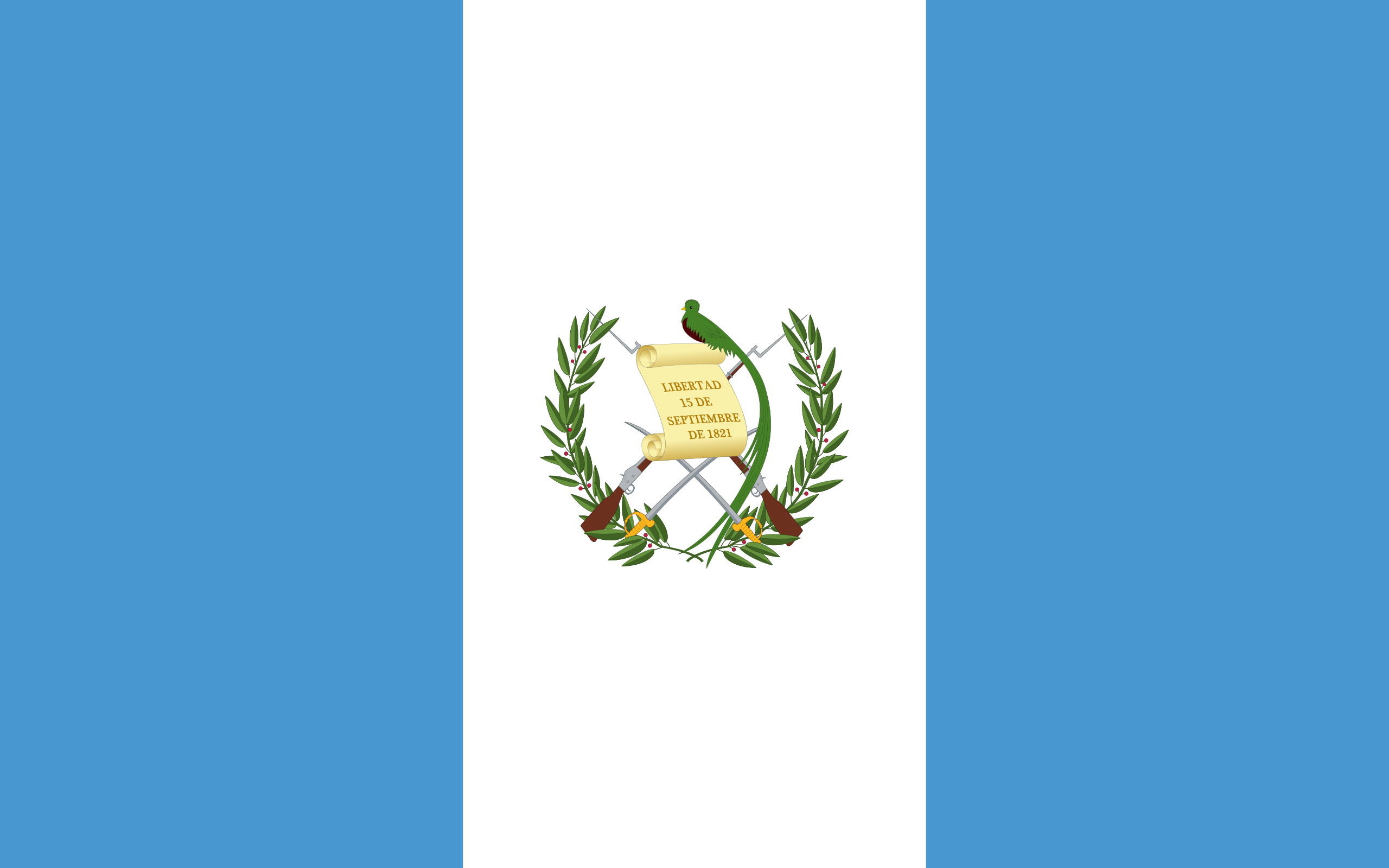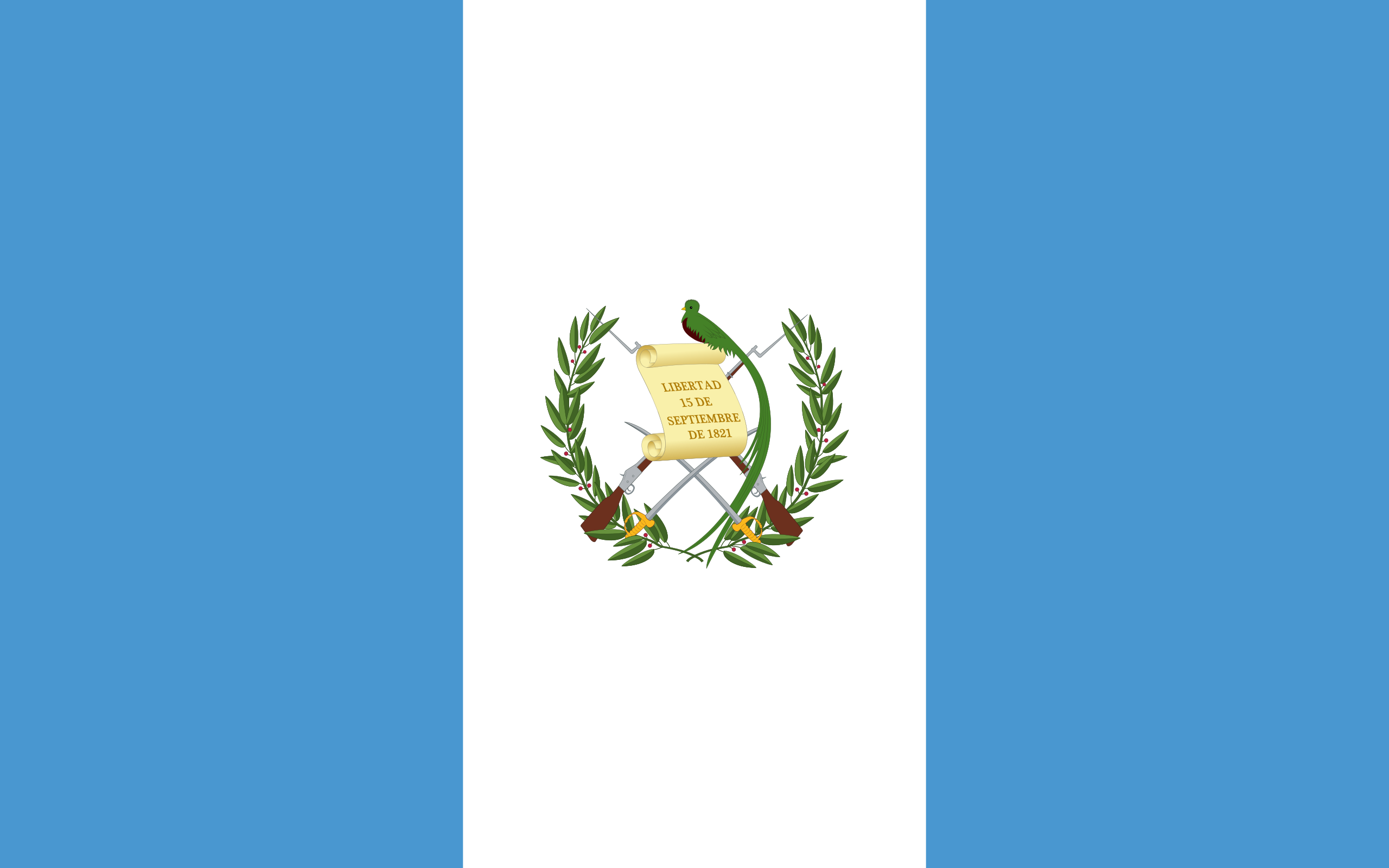For decades, one of the most horrific crimes against humanity ever committed in Central America has gone without consequences. During the Guatemalan civil war, which raged from 1960 until 1996, violent death squads brought terror over the country. Between 1983 and 1985 these feared paramilitaries kidnapped and tortured at least 195 political enemies, before eventually killing most of them. Years went by without any notable investigation efforts to bring those guilty to justice. This was not unexpected, as corruption and injustice runs deep within the country, and many of the perpetrators had influential positions within the government or affiliated organization.
With this history it was even more surprising when Judge Miguel Ángel Gálvez started investigating the case. In 2016, the so called Death Squad Dossier took off, when Gálvez ordered the seizing of critical military documents for the case. The resulting process finally started in 2021 with the arrest of 11 suspects, followed by a second sweep shortly after, in which four more individuals were detained. One year later in May 2022, the first evidence hearing started after which nine of the accused perpetrators were ordered to trial. During the hearings more and more devastating stories came to daylight, including rape, murder and forced displacement. In the period of the Death Squad activity, at least 131 people were forcedly displaced, six of which were later found in military bases.
At first it seemed like this process might finally bring clarity about what happened to the victims and their families, and would bring the criminals to justices, but as Judge Gálvez later had to realize it was all down hill from there on.
Until today, many of the perpetrators still have important political connections and positions and even work with criminal organizations like "La Cofradia" (The Brotherhood) and are even on the run. These connections often lead to efforts to keep these criminals out of condemnation.
Following the arrest of Toribio Acevedo Ramírez in Panama in 2022, a massive campaign against Gálvez was started to prevent the hearing. Trying to avert a prosecution, the Foundation Against Terror (FCT), a pro-military organization, sought to criminalize Gálvez by bringing charges against him to lift his immunity. Additionally the FCT started a social media campaign to denounce Gálvez and the lawsuit.
After months of immense pressure, Gálvez unexpectedly resigned on November 15, 2022, after 25 years as a judge. In an attempt to escape the threats and allegations, Judge Gálvez left the country and now lives in exile in Europe.
The resignation of Judge Gálvez opened the door for collaborating judges to dismantle the case; a process started promptly. The new judge assigned to the case started lifting custody orders for five of the defendants due to "health" issues. This de facto release is more than just a punch in the face of all victims, it also undermines the Guatemalan constituti0n under which defendants charged with murder must stay in detention until trial.
Get deeper insight into the accused perpetrators, their connections to political and criminal organizations, and the general case in the article below.



